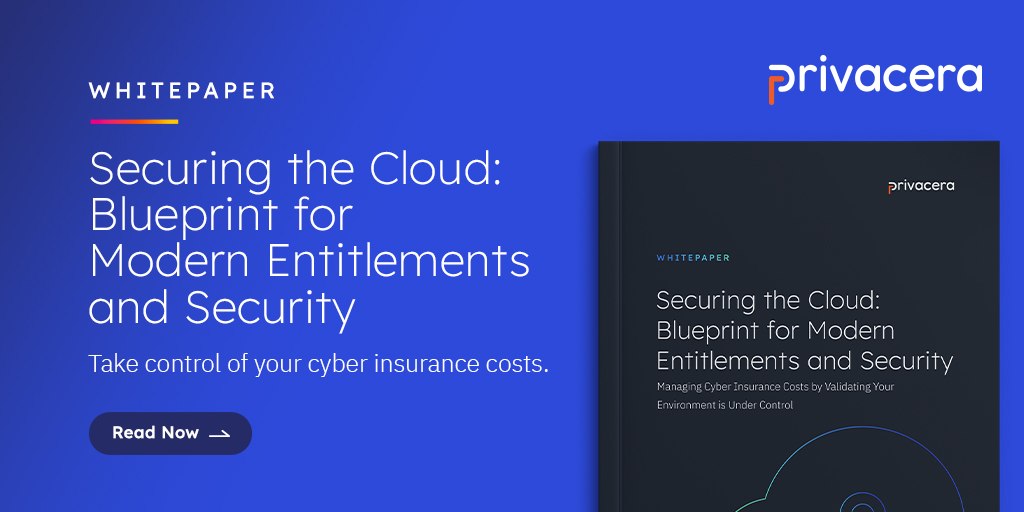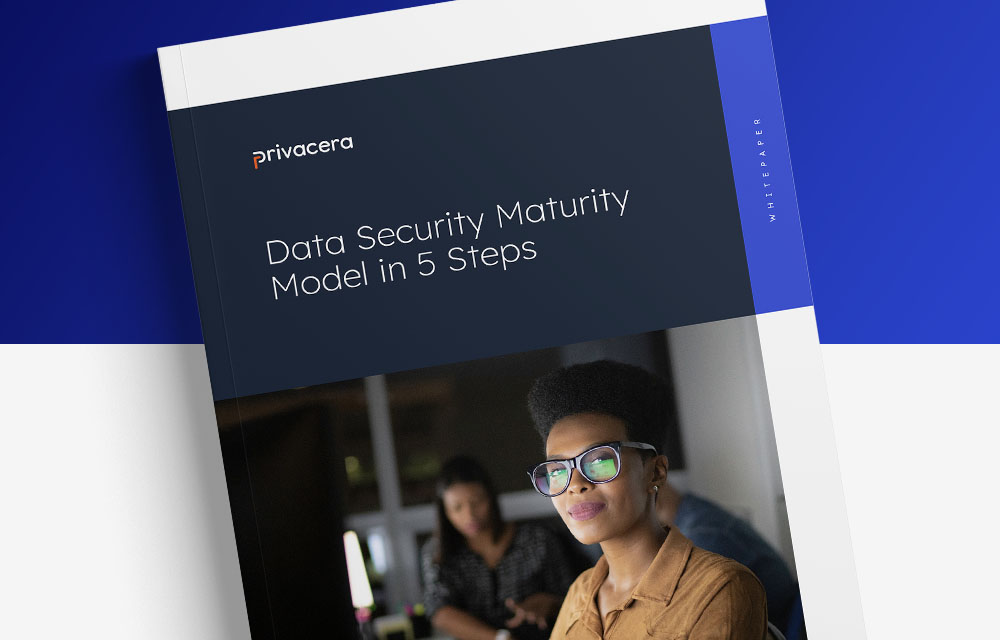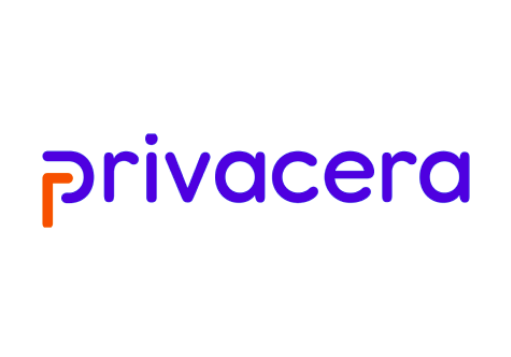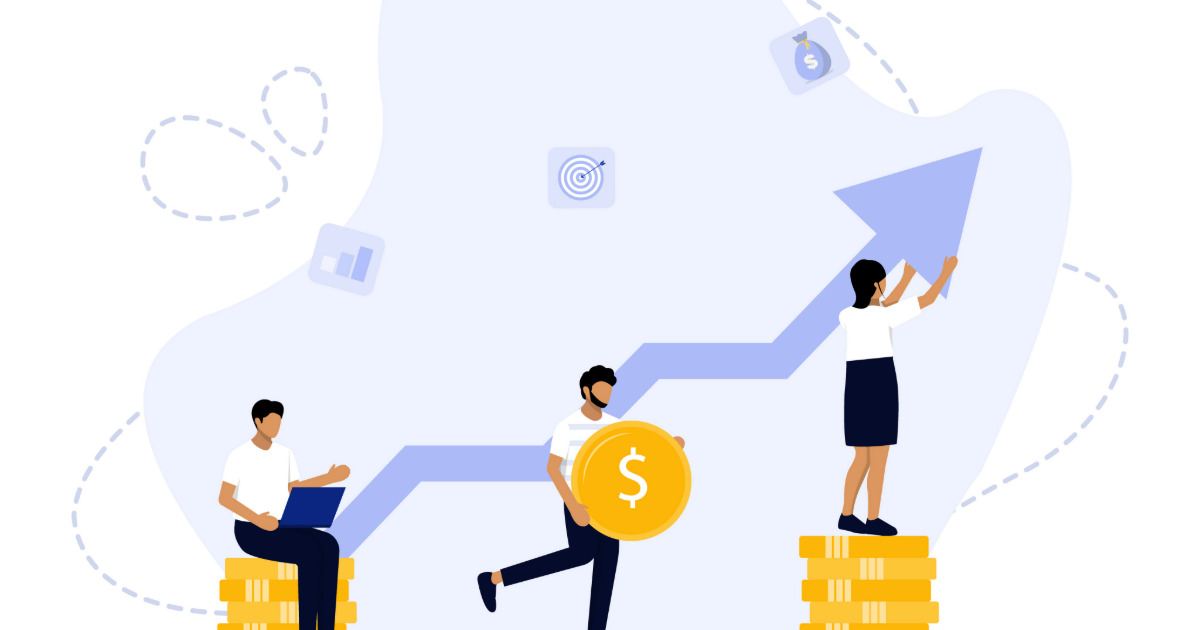In a recent discussion with a major insurance company, they explained that building a business case for acquiring a new technology is a challenging process in the current economic environment. They suggested it is easier to buy something brand new when it replaces an existing capability versus adding something to the existing tech stack. In that case, they suggested the return on investment (ROI) promised needs to be substantial. This insight led us to calculate potential ROI of data security governance. After reviewing Privacera case studies, we identified four ROI elements:
- Decreased IT labor costs
- Possible reduction in data operations costs
- Expedited data access for business users
- Minimized compliance and legal risks
Unify Data Security Governance to Clean Up the Data Mess
Today, most organizations face a data estate that spans multiple clouds and a broad range of data sources and services. Each has its own mechanism for controlling access, masking or encrypting data, and providing audit reports.
A unified data security platform provides a centralized, single pane of glass to create and manage all policies across your entire data estate. Policies are created in the data security platform, and then the native functions and controls are inserted in each data service to be executed and applied at runtime when the data is accessed. With regards to the cost savings mentioned above, here are a few examples of how ROI is impacted.
- Decrease IT labor costs: Most IT teams have dedicated admin staff that will be responsible for inserting the controls into each data service as required. For example, if someone asks to get access to marketing data, it could require multiple admins to create a manual control for each of the data services. A mechanism that allows you to centrally create a policy once and have it deployed across all data services greatly reduces the number of admin staff required. While there isn’t a precise number as to the amount of time database administrators typically spend granting access to data, it appears to be among the most time-consuming tasks for the role. Some organizations report upwards of 40% of all IT tickets raised relate to users requesting access to new data. According to analysts, a typical enterprise has more than 14 administrators managing policies belonging to database teams, cloud providers, security teams, data analytics teams. Privacera can reduce admin headcount to approximately 12. With costs averaging around $155,000 per database administrator (DBA), the cost savings achieved via a unified, automated data security platform would equal approximately $400,000.
- Reducing operational costs: Most organizations lack the ability to provide fine-grained access controls since they rely mostly on coarse-grained access controls and role-based access controls. In order to limit access, organizations often resort to creating copies of data and views. Your data security platform’s ability to manage controls at a fine-grained level removes the need for multiple copies and drastically lowers costs associated with data operations. Clients of Privacera have been able to get rid of terabytes and petabytes of data, thereby reducing storage cost by using reduced requests for data sets as a metric to decide to maintain or archive data. Just the storage cost for 100TB of raw data in Amazon S3 can cost upwards of $2.5k per month.
- Accelerate access to data: While it is difficult to pinpoint specific ROI associated with faster access to data, most organizations indicate analysts and data scientists regularly wait days or weeks for data access requests to be serviced. Reducing weeks to days or even minutes directly, drastically improves productivity. In addition, consider the business opportunity benefits of having data quickly. For example, implementing a new marketing campaign targeting high-intent prospects. According to Tom Davenport, data scientists spend 80% of their time finding, getting access to, and preparing data versus building data models. According to our clients, Privacera dramatically reduces the time from data discovery to data access. This positively impacts the productivity of a very expensive asset. More important is the impact of accelerating data access for the completion of predictive models with the objective of enhancing business productivity.
- Minimized compliance and legal risks: The frequency of data breaches continues to increase. The majority are not born of cyber attacks but rather compromised user credentials that contribute to the biggest losses. On top of that, recent incidents also illustrate the reputational and even personal damage associated with these breaches. The biggest threat is from internal breaches, whether by unintentional negligence or intentional deletion or stealing of IP information. A fine-grained, centralized control plane for policy admins greatly improves consistency and transparency, including faster remediation of gaps in the enterprise’s security posture gaps. According to Tom Davenport, 70% of employees have access to data they do not need and should not have. Part of the problem is users can easily and quickly create their own pseudo IT with data duplicates. That data is unknown to data governance and data security teams, scattered all over file shares, individual computers, and applications, for example internally in drivers and externally in file storage and sharing platforms.
Now, let’s explore these issues through customer case studies.
Media and Tech Firm
This media and technology firm transitioned its on-premises data to AWS to achieve great elasticity, accelerated microservice development, and reduced infrastructure management. However, before rolling out AWS, the company needed to ensure it could govern its data effectively, so it could meet regulations for data collection and handling.
By implementing Privacera, the company significantly reduced compliance and legal risks through consistent, fine-grained access control across its entire data estate. This shift also promoted data democratization, allowing marketing employees easier access to data for developing cross-market offerings based on customer behavior. The centralized governance layer provided by Privacera enabled operations teams to access detailed customer data, such as individual MAC addresses, while restricting sensitive information for other teams. This tailored approach to data access ensures efficient data utilization without compromising customer privacy.
Healthcare Payer
To improve healthcare services and reduce costs, Privacera’s healthcare payer customer enhanced its data management to better handle claims, provider payments, and hospital costs, ensuring data protection against misuse.
The company needed to innovate its data usage while guarding against risks from improper data release. As it shifted towards digitalization, continuous investment in upgrading its information systems was essential to offer user-friendly digital products to members and providers. The adoption of a single platform for data security simplified its previously complex governance and diverse access control systems. By choosing Privacera, the company not only bolstered its data security but also made its data more accessible and manageable, consequently decreasing the workload of its IT team.
Credit Reporting Agency
Handling sensitive data, Privacera’s credit reporting agency customer faced persistent threats from external actors. This company collects, processes, transmits, and stores sensitive data, including intellectual property, proprietary business information, and personal information for consumers, employees, and strategic partners. Unfortunately, external bad actors with access to sophisticated resources routinely target this company to gain unauthorized access to compromise or steal its data.
The company’s transition to cloud-native operations, including a unified data fabric and cloud-based tools, required a cloud-compatible governance solution for security, compliance, and efficient data management, emphasizing low latency and automated compliance. The Privacera platform provided these capabilities across their data estate. It streamlined customer data intake, which was previously manual and time-consuming. This shift freed the data science teams from laborious data intake tasks, aligning with cloud data migration objectives. Furthermore, these teams accessed data without jeopardizing compliance, helping the customer reduce information security risks.
Consumer Products Company
This consumer products company, reliant on financial data for diverse operations, needed an effective method to handle the influx of data. Its intricate business model hinged on financial data to oversee the supply chain, generate internal and external reports, and manage retail operations. Additionally, the company gathered and processed personal data for digital initiatives, encompassing marketing, e-commerce, product and service development, and consumer engagement.
To analyze data from its operations and retail partners, it created a big data environment on AWS with help from cloud services vendors Snowflake and Databricks. For greater efficiency, the company centralized onboarding for team members to a single shared repository in a scalable data lake. As a result, it needed a faster way to onboard new datasets and users, which took weeks to complete and relied heavily on scarce IT resources.
The adoption of Privacera revolutionized the company’s data onboarding process, significantly speeding up data and user integration, a task that previously required substantial IT effort. This enhancement greatly facilitated the effective use of their data lake. By integrating Privacera into their data pipeline, including the platform’s automated rules, the company could onboard data and users more swiftly, ensuring proper governance. Before Privacera, setting up access rules and onboarding new contractors or analysts would take weeks. Now, with a more efficient onboarding process, the company can fully harness its data lake, utilizing all of its data assets. Privacera also simplified the expansion of access while maintaining strict, granular data access control.
Parting Words
The ROI from unified data security governance is substantial, offering a comprehensive range of benefits, including decreased IT labor costs, accelerated data access for business users, enhanced enterprise-wide security posture, and reduced compliance and legal risks. For cloud database administrators and engineers, whose roles are crucial and challenging to fill, minimizing time spent on access provision can greatly boost their productivity and business value. Moreover, the time and resources spent on managing tickets, routing, and delivering data to business users can impede decision-making and affect business outcomes. The improved compliance and organizational efficiency resulting from unified data security governance further strengthens the business case, leading to notably enhanced business outcomes.
Explore more considerations regarding total cost of ownership (TCO) and ROI in our unified data security governance whitepaper.





